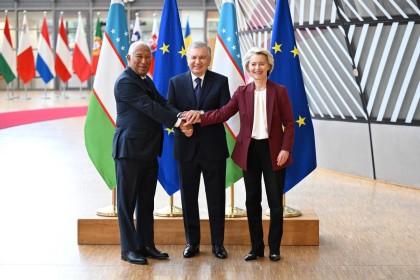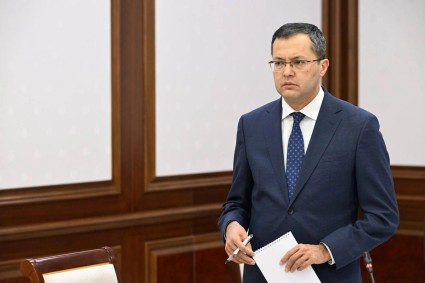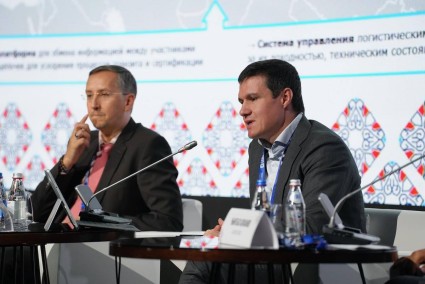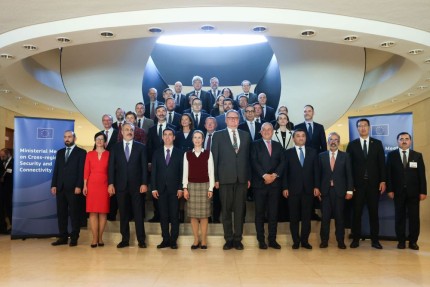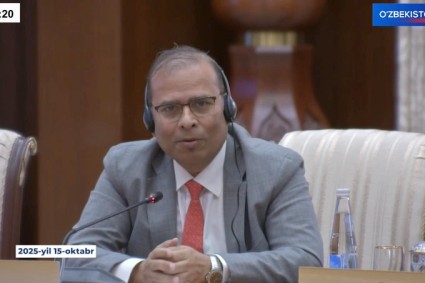The United Nations Development Programme in Uzbekistan commends Uzbekistan’s recent signing of the Paris Agreement on climate change.
The Paris Agreement is the first-ever universal, legally binding global climate deal, which was adopted at the 21st Conference of Parties (COP 21) of the United Nations Framework Convention on Climate Change (UNFCCC) in Paris on 12 December 2015 and came into force in 2016. Uzbekistan, as a Party to UNFCCC, signed the Paris Agreement on 19 April 2017.
“Building on more than 20 years of cooperation in climate change mitigation and adaptation in over 140 countries, UNDP is ready to support Uzbekistan in scaling up the country’s efforts to address climate change under the Paris Agreement”, said Stefan Priesner, UNDP Resident Representative in Uzbekistan.
The recent approval and signing by UNDP in Uzbekistan and the State Committee for Architecture and Construction of the Republic of Uzbekistan (11 April 2017) of a new large-scale joint project to promote the design and construction of energy efficient and low-emission rural houses and settlements almost coincided with the country’s signing of the Paris Agreement.
Globally, greenhouse gas (GHG) emissions from the building sector have more than doubled since 1970 and reached 9.18 GtCO2eq in 2010 and represent 19% of all global GHG emissions . The building sector offers the greatest potential for GHG abatement, as increasing the efficiency of energy use in buildings has an estimated climate change mitigation potential of 3.3-4 GtCO2e/year (approx. 50% of the total annual GHG emissions associated with the buildings).
In the end of 2016, the President of the Republic of Uzbekistan approved a new Programme on construction of affordable rural housing based on improved standard designs in the regions of Uzbekistan for 2017-2021. The Programme sets new objectives and opens up new opportunities for construction of energy efficient and low-carbon rural houses that contribute to greater energy saving and reductions of the associated GHG emissions.
The new project with a total grant budget of $6.3 mln funded by the Global Environment Facility (GEF) and UNDP, sets forward ambitious and innovative goals to increase the energy and resource efficiency of the housing sector to contribute to reduction of the associated GHG at national and global levels, and bring bigger climate financing to the country to fulfill national contributions to achieving the goals of the Paris Agreement.


